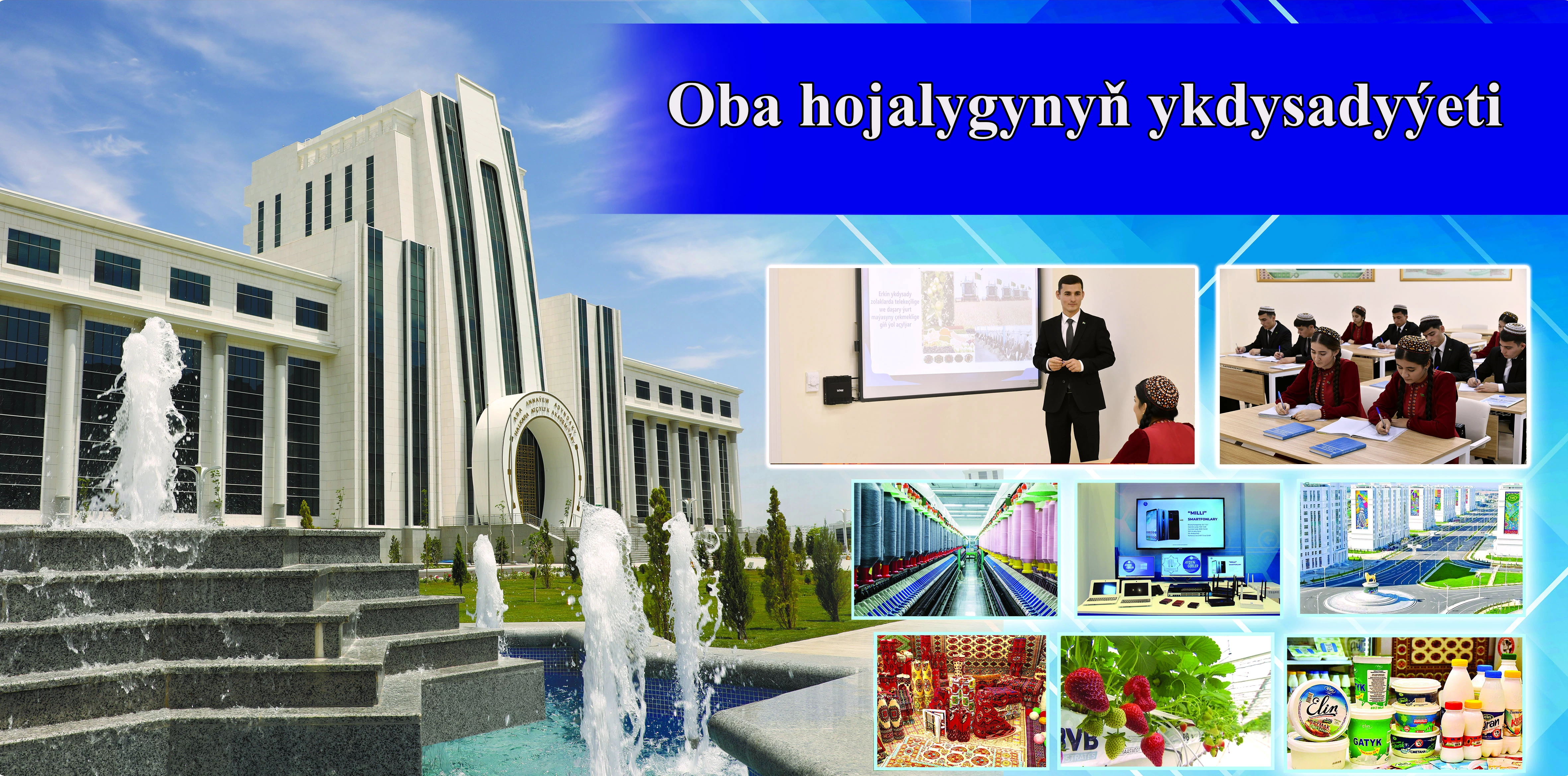In this faculty, mainly young students will improve their skills in economic and legal aspects of agricultural economics, organization and management of work in institutions, conducting systematic analysis, effective use of computer-technical resources and multimedia devices. Students study economics (in agriculture) and accounting and auditing (in agriculture). Also general economic courses, including economic theory, agricultural economics, economics of agro-industrial complex, theory of market research, macroeconomics, microeconomics, principles of production organization and management, agricultural statistics, world economy, foreign economic relations and other courses, agricultural special courses that teach the basics of economic-organizational and legal theory of production, the laws and principles of economic development in theory, management, marketing, accounting, finance, management accounting, auditing, taxes and taxation and other courses in agriculture, production in agricultural enterprises economic law regulatory documents that teach its organization and principles, organization and management of production in enterprises and its departments, indicators of economic results of agricultural enterprises, other problems arising in the market conditions of the economy, production means and technology of production in enterprises of agricultural production and enterprises of branches processing agricultural production, economic efficiency of agricultural enterprises characteristics, problems of increasing economic efficiency in the market conditions of production in the agricultural economy, studying the experiences of developed countries and regulating the economy, the principles of high-level planning of the economy of the industry and enterprises in agriculture, organization and management of production, legal principles of environmental and environmental protection issues, labor science all the legal and regulatory framework documents that regulate organizational and management activities, registration and analysis activities, control, audit activities, production and economic activities, innovative activities, consulting activities, financial and credit activities, the organization and management of accounting accounts in enterprises they study the organization of accounting records for the enterprise and its departments, the formalization of economic activities, the conduct of summary and accurate accounts, the content and composition of the accounting financial report of the enterprise, the organization and conduct of audit work and other issues.
3736
